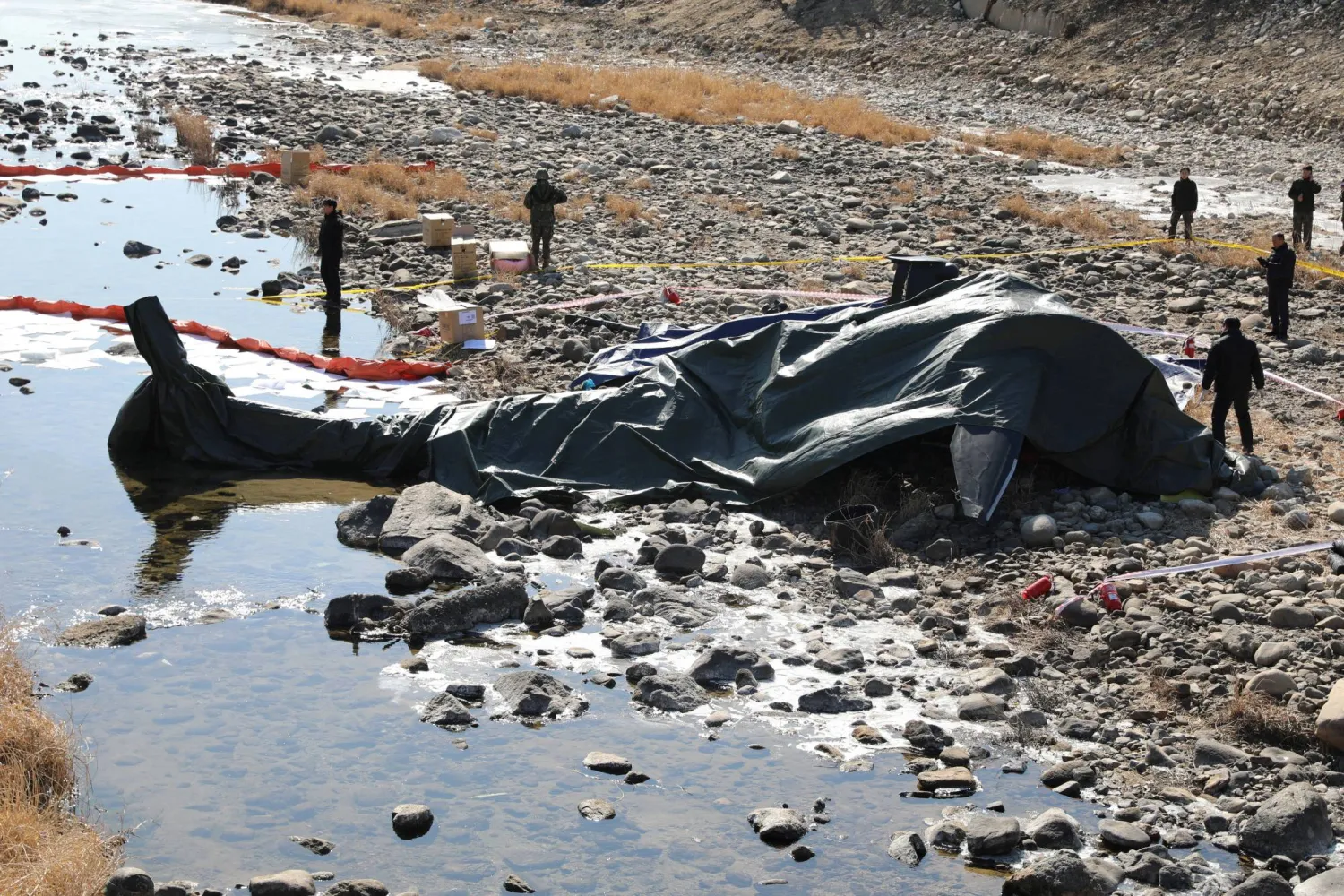Russian President Vladimir Putin will host his Iranian counterpart this week for the signing of a broad partnership pact between Moscow and Tehran, the Kremlin said Monday.
The agreement on “comprehensive strategic partnership” between the countries will be signed during Iranian President Masoud Pezeshkian's visit to Moscow on Friday, the Kremlin said.
It added that the leaders will discuss plans for expanding trade and cooperation in transport, logistics and humanitarian spheres along with “acute issues on the regional and international agenda.”
Ukraine and the West have accused Tehran of providing Moscow with hundreds of exploding drones for use on the battlefield in Ukraine and helping launch their production in Russia. The Iranian drone deliveries, which Moscow and Tehran have denied, have allowed for a barrage of long-range drone strikes on Ukraine’s infrastructure.
Iran, in turn, wants sophisticated Russian weapons like long-range air defense systems and fighter jets to help fend off possible attacks by Israel.
Tehran long has hoped to obtain advanced Sukhoi Su-35 fighter jets from Russia to upgrade its aging fleet that's been hobbled by international sanctions, but only received a few of Yak-130 trainer jets in 2023.
Pezeshkian will visit Moscow three days before the inauguration of US President-elect Donald Trump, who has pledged to broker a peace deal on Ukraine.
Iran faces increasing pressure in the Middle East. Its so-called “Axis of Resistance” has been shattered with the Palestinian group Hamas being targeted by a grinding Israeli offensive. The Lebanese group Hezbollah also has been severely hurt during a series of attacks and Israel’s ground invasion of Lebanon. Syria’s government led by Bashar al-Assad, long funded by tens of billions of dollars from Iran, has collapsed.
Meanwhile, Iran’s economy remains in tatters after the collapse of its 2015 nuclear deal with world powers. Iran also has seen its Russian-supplied S-300 anti-aircraft batteries targeted by Israel.
Tehran likely hopes to secure financial and defense promises from Moscow. However, there’s been growing discontent over Russia within Iran’s powerful Revolutionary Guard, a paramilitary force answerable only to Iran’s 85-year-old Supreme Leader Ali Khamenei.
Last week, an audio recording leaked into the Iranian media with a Guard general blaming Russia for many of the woes Iran had suffered in Syria.









